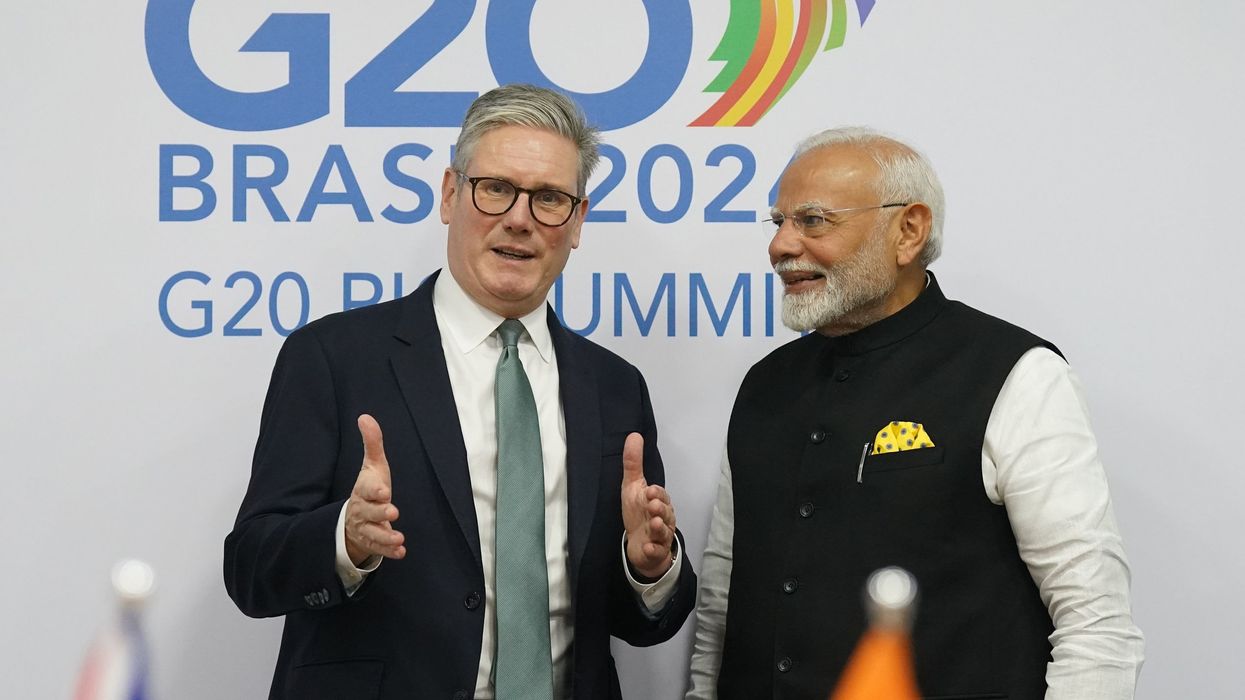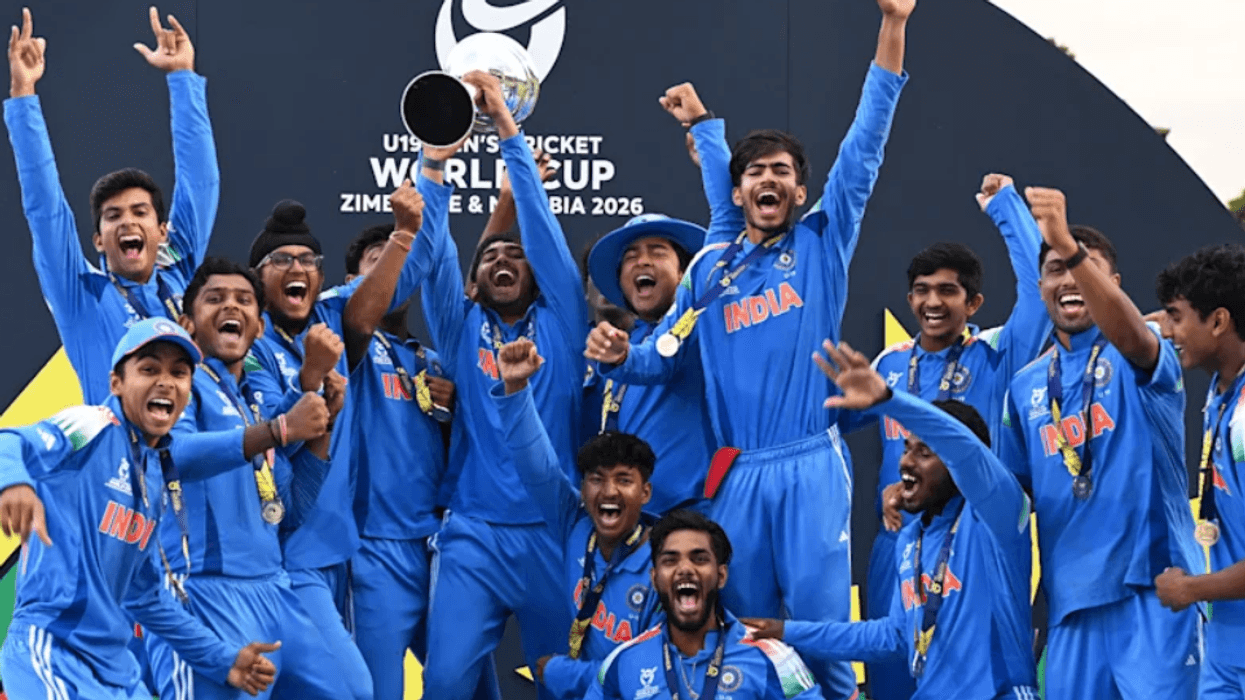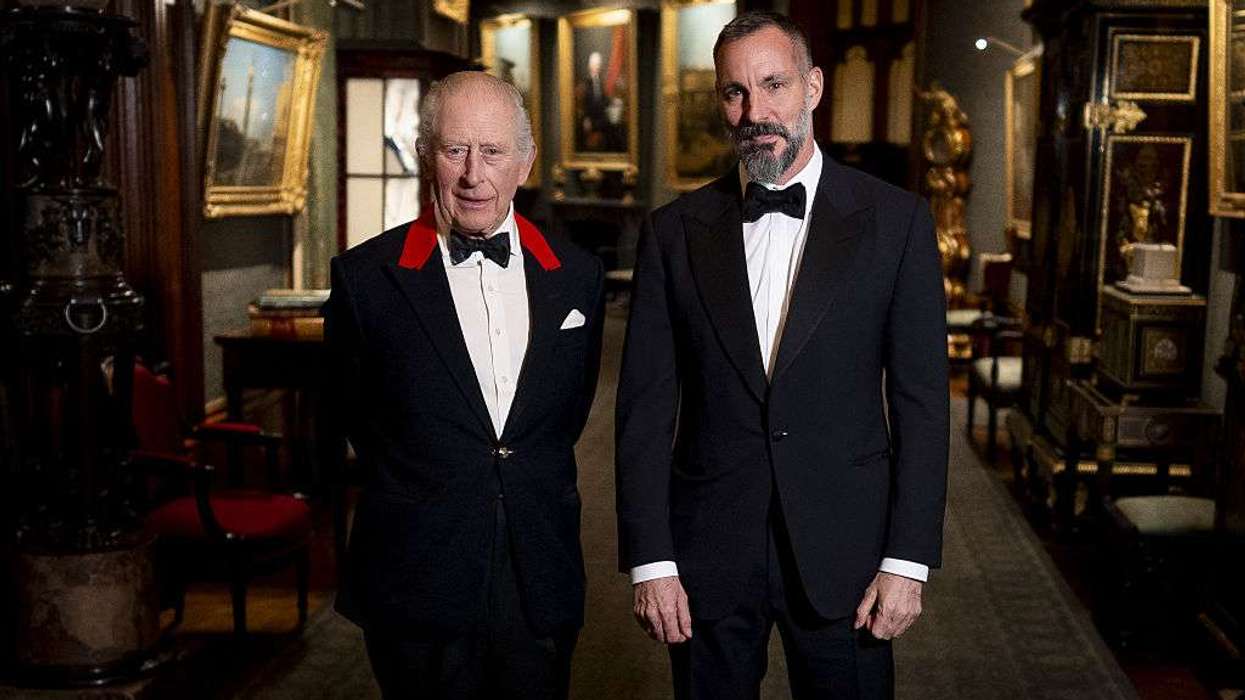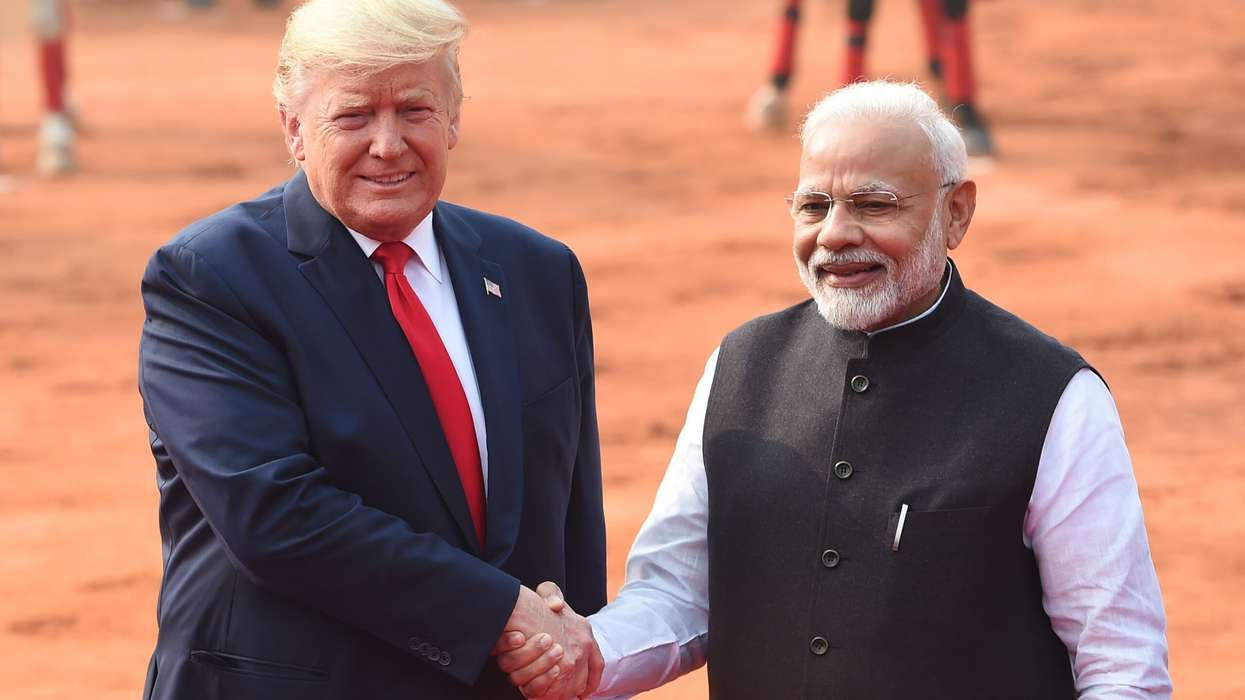PRIME MINISTER Keir Starmer has been more sure-footed on the world stage than at home in his first year in office, but is sensitive to the wrong-headed charge that he spends too much time abroad.
So, this will be a week when world leaders come to him, with fleeting visits from both Indian prime minister Narendra Modi and US president Donald Trump, touring his golf courses in Scotland before his formal state visit in September. The main purpose of Modi’s two-day stopover is to sign the India-UK trade deal, agreed in May, but overshadowed then by the escalation of conflict between India and Pakistan.
This is Modi’s fourth visit to the UK since taking office – with a change of Monarch and a new prime minister or three since he was last here. Beyond a trip to the Palace, this working visit may lack the razzmatazz of his earlier visits, with no public engagements on anything like the scale of his addressing a Wembley stadium full of the British Indian diaspora alongside David Cameron a decade ago.
It would seem a missed opportunity if the prime ministerial schedules do not allow them to make it to the India versus England Test match at Old Trafford in Manchester. Modi did once take Anthony Albanese, the rather Starmeresque Australian prime minister – to see Australia play India in Ahmedabad, at the Narendra Modi Stadium, no less. Keir Starmer could hardly match that. A trip to watch the cricket would be an instrumental chance to communicate the trade deal. It would exemplify the unique depth of cultural connections and people-to-people links central to today’s post-imperial relationship. And it would be a chance to find out what happens next in a brilliant sporting contest.
This series does not have what we might intuitively think is the key ingredient of a sporting classic: the best teams in the world competing at their peak. These England and India sides are teams in transition – yet their competing talents and flaws are evenly matched enough to produce an epic drama, filled with compelling swings of the pendulum. So, India head to Old Trafford for the fourth Test bemused to somehow find themselves twoone behind, having been the better team on most days, but not in the decisive moments. If India could level the series before the final Oval Test, this could have a good claim to be the most memorable series that England and India have ever played.
Yet Old Trafford has not been a happy hunting ground for India – with four defeats and five draws in the past nine Tests. Yet young Indian Shubman Gill has already given the first ever win at Edgbaston in his first season as captain, between the narrow defeats at Headingley and Lords, so is unlikely to be daunted by the shadow of history.
Yet Old Trafford was also the scene of one of the greatest ever Indian performances – fully 129 summers ago, long before India had a Test team, as the swashbuckling prince Ranjitsinhji scored 154 not out for England in the Ashes test. Ranji had been left out at Lords, regarded as a ‘mere bird of passage’ by MCC selector but the Old Trafford selectors responded to the press and public clamour for Ranji’s selection, and his swashbuckling innings becoming the stuff of Victorian cricketing legend. Ranji’s history of 1896 makes it even more remarkable that Wisden Cricket monthly was to disgrace itself a century later with an article headlined “Is it all in the blood?” by Robert Henderson, which called for ‘a rigorously racially and culturally determined selection policy’. The explicit argument was that those without ancestral ethnic connections could never feel ‘a deep, unquestioning commitment to England’ but would risk instead gaining a conscious or subconscious satisfaction in seeing England humiliated. Wisden settled legal claims from Devon Malcolm and Phil Defraitas out of court for describing them as not ‘unequivocal Englishmen’ who should be excluded on these grounds.
The Wisden Affair exemplifies that there was a strong common sense consensus that ethnic minorities could be English at least 30 years ago. England’s black footballers had clearly settled this question by the early 1990s too. In doing so, they made the black English rather more culturally familiar than the Asian English.
Cricket did more to complicate questions of national identity and sporting allegiance. Most fans saw the Tebbit test as outside the spirit of cricket – it does not apply to Australians here, or the English down under. British Asians are only likely to play for England, not India or Pakistan, but still more likely to support the Asian teams at cricket while cheering for England at football. Norman Tebbit died the week before the Lord’s Test, where Shoaib Bashir took the final Indian wicket for England. It may have been a sign from above that the argument has moved on.
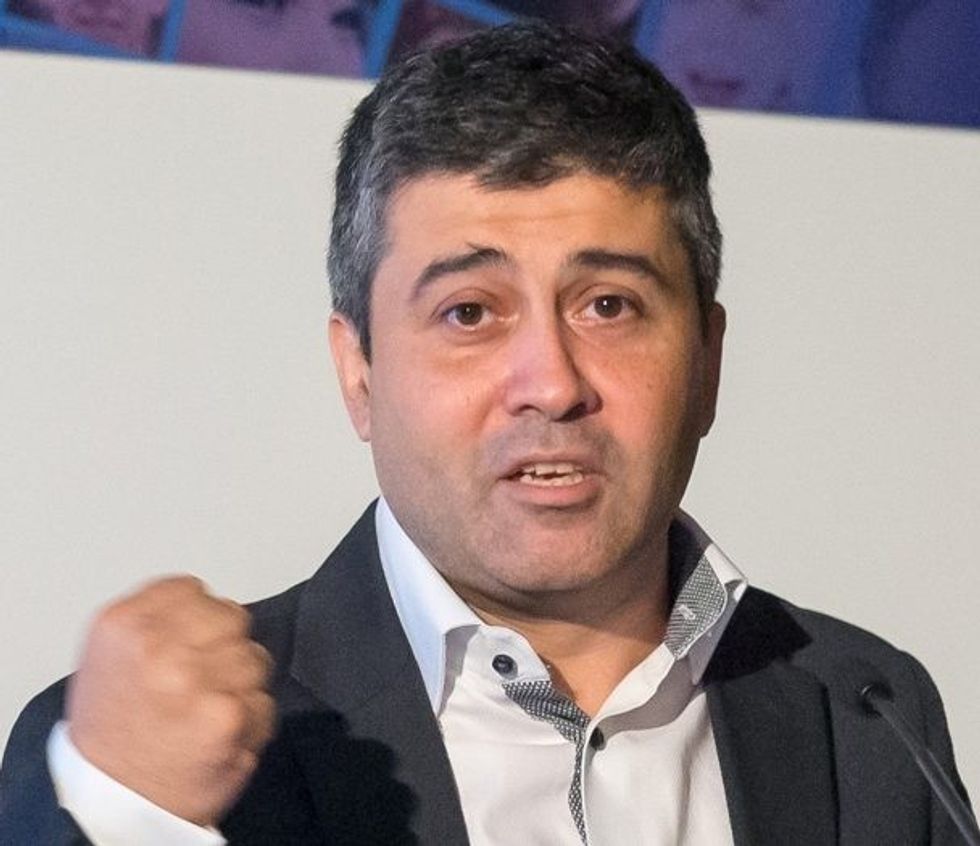
Sunder Katwala is the director of thinktank British Future and the author of the book How to Be a Patriot: The must-read book on British national identity and immigration.
